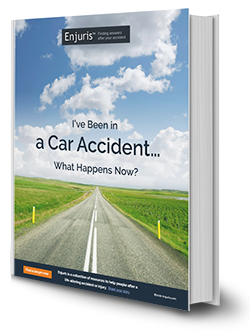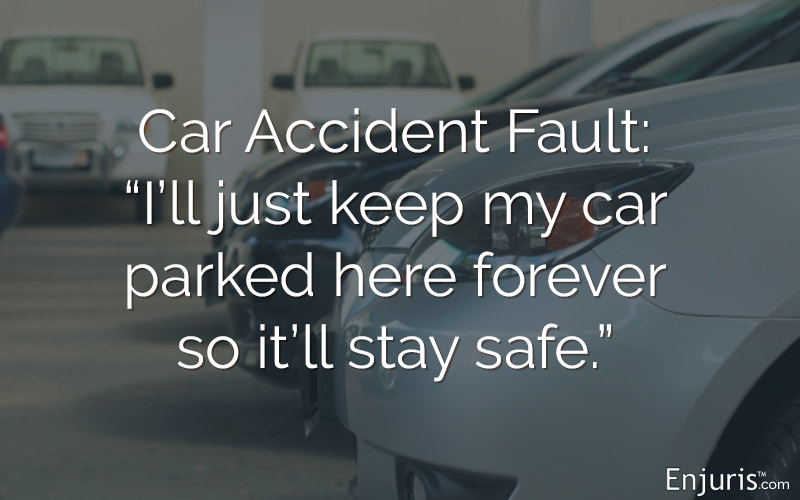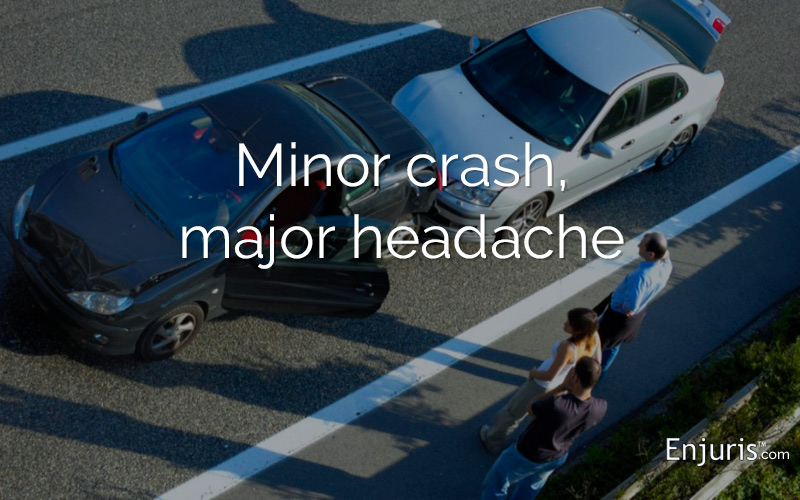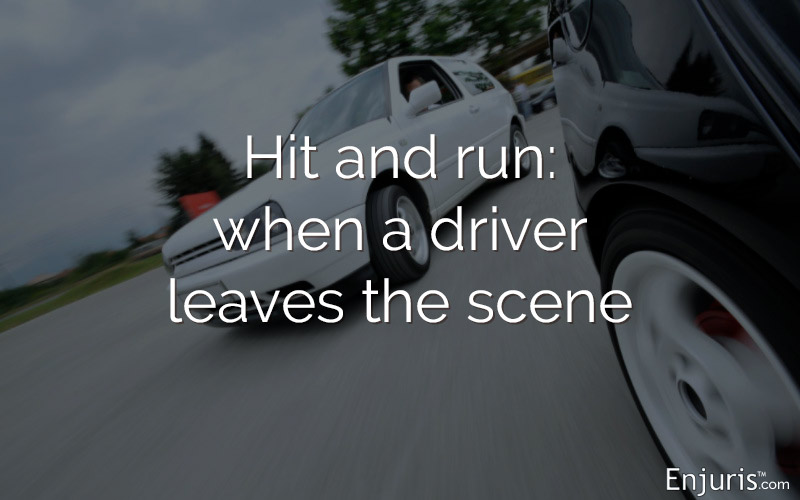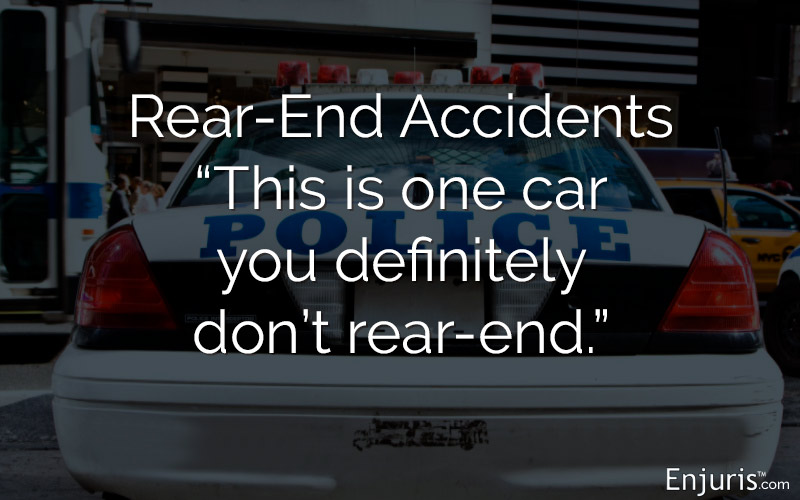California guide to insurance, laws, and resources before and after a car accident
Being in a car accident anywhere is unpleasant, at best.
But being in a car accident in California means you want to be familiar with state laws and regulations. Your first priority following an accident is to get the medical treatment needed for you and your passengers. It's also helpful and kind to call emergency services for any other people involved in the crash.
There are some other things to think about in order to make sure you're preserving your legal rights and ensuring that you can recover financially.
California car accidents statistics
| California crash statistics (2017) | |
|---|---|
| Fatalities | 3,602 |
| Vehicle miles traveled (in millions) | 343,862 |
| Fatalities per 100 million vehicle miles traveled | 1.05 |
| Fatalities per 100,000 population | 9.11 |
| Alcohol-impaired driving fatalities (number / percent) | 1,120 / 31% |
| California fatalities by crash type | |
|---|---|
| Single vehicle | 2,067 |
| Large truck involved | 361 |
| Speeding | 1,070 |
| Rollover | 796 |
| Roadway departure | 1,588 |
| Intersection-related | 927 |
Source: National Highway Traffic Safety Administration
The numbers can seem frightening, but there are ways to prevent a truck accident or perform defensive driving when you're behind the wheel.
Insurance experts estimate that the average driver will file a claim for a collision once every 18 years.
In other words, most people will be involved in 3 to 4 collisions in their lifetime. Fortunately, the majority of these are not fatal — these numbers include everything from a low-speed fender-bender in a parking lot to your car being T-boned by a red-light runner.¹
Even the most minor accidents cost money, regardless of whether you were at fault or not. If you're lucky enough that the other driver is cooperative, the insurance companies play nicely together, and you receive the money you need to quickly cover the costs of the accident, that's the best-case scenario.
But it doesn't always work out that way.
When things are more complicated, or if you don't think you're getting what you deserve as recovery, you might need to enlist the help of a California personal injury lawyer.
How to report a California car accident
California law² requires all drivers (or their representative) involved in a car accident report the crash in writing to the California Highway Patrol or the local police department within 24 hours of the crash if there is an injury or fatality.
It's always a good idea to get a police report at the scene of an accident. If you call the police from the scene, that report will fulfill this requirement and you don't need to file a separate report.
However, even if there's a police report on file, it's still up to you to make a report to the California Department of Motor Vehicles (DMV) within 10 days of the accident. Most accidents will meet the criteria for this requirement.
You must file this report if:
- There were any injuries or fatalities (even minor injuries).
- There was any property damage worth more than $750.
There are no California state laws about reporting an accident to your insurance company, but your insurance company will require it. In fact, the insurance company will require reporting as soon as possible, because if you don't report it in a reasonable about of time, your coverage could be denied.
What is reasonable?
According to some insurance companies, a reasonable time is as little as 24 to 48 hours after the crash.
Sometimes people think that a minor accident is best handled without involving insurance companies. This is a risky decision. Even if it's a small fender-bender with what appears to only be scratches or minor damage to your car and seemingly no injuries, it's best to at least let the insurance company know that it happened.
Why should you report even the smallest accident to your insurance company?
- Some injuries don't show symptoms right away. If you were in a low-speed rear-end accident, for example, you might have felt just a little jolt, but you might experience effects like whiplash days or weeks later. Your medical treatment costs might not be covered if the accident wasn't reported to the insurance company.
- Your car could have non-visible damages. You might think it's just a small scratch on the bumper, but when your mechanic goes to do a repair or touch-up, they might find additional issues underneath that you didn't see when you inspected your car at the scene.
- The other driver's car could have non-visible damages. Just like your car could have more going on than meets the eye, so could the other vehicle. If the other driver takes their car to a mechanic and discovers additional damage, your insurance company could refuse to defend you if you failed to make a report.
- The other driver could change their mind. You might have had a cordial agreement with the other driver, exchanged contact information, and decided that you'd simply pay (or they'd pay) out of pocket for repairs without involving insurance. And, even if everyone has the best intentions of following through, there could be any number of reasons why the other driver has a change of heart. The last thing you need is for their insurance company to make a claim against yours when you hadn't reported the accident in the first place.
Tweet this
Read more: 5 Steps to Properly Filing an Insurance Claim Following a Car Accident
Determining fault in a California car accident
California is a comparative fault state. That means that if a plaintiff bears any responsibility in an accident, their damage amount is reduced by their percentage of fault.
If you were in a car accident that wasn't your fault, you can still be found to have some liability, even if it's a small amount. For example, if the other driver swerved into your lane and caused a head-on collision, the court could find that if you'd acted a moment sooner to get out of the way, the accident could've been avoided.
Even though it's clearly the defendant who caused the accident, you could be liable for that small responsibility you had to act faster. The court or insurance company would reduce the amount of your damages by that liability.
If you are 5% liable and the damages totalled $50,000, it would reduce by $2,500 to $47,500.
Types of damages in a California car accident
In a personal injury lawsuit (which includes car and truck accidents), you can recover economic and non-economic damages.
Economic damages are determined by actual costs that compensate the plaintiff for expenses they incurred as a result of the accident, including:
- Medical treatment
- Prescription medications
- Medical or assistive devices
- Rehabilitation or therapy
- Property repair or replacement
- Lost wages or future earnings
Non-economic damages don't have a specific dollar value. These could include:
- Pain and suffering
- Limb loss or disfigurement
- Loss of enjoyment of life or activities
- Loss of consortium
- Anxiety, grief, or shock
- Insomnia
- Inconvenience
- Emotional distress
Read more about California damages:
California minimum insurance coverage requirements
Almost every state requires a driver to carry motor vehicle insurance coverage in order to register their car. California is no exception. The California Insurance Code §11580.1b is intended to ensure that all costs related to a car accident are covered.³
The law requires a 15/30/5 coverage policy, which means:
- $15,000 for injury or death to one person
- $30,000 for injury or death to more than one person
- $5,000 for property damage
These are the minimum requirements for insurance coverage just to get your car on the road. Many drivers opt for additional insurance for collision, medical payments, and comprehensive coverage.
Additions to your policy might raise your premium payments, but it would be well worth it if you ever require those additional coverages.
What to do after a California car accident
It's good to know the basic steps for what to do after a California car accident, but there's much more to learn. So much depends on the severity of the accident, the parties involved, and other factors. If you feel that you're not getting the coverage or compensation you deserve, a personal injury lawyer can help.
Most California personal injury lawyers offer a free consultation, where they'll listen to the details of your accident and guide you through your options. Lawyers are trained negotiators — they'll work with the insurance company to ensure that you're being treated fairly and getting the compensation you need to get back on your feet.
But before you get to that first meeting with your lawyer, you can read up about all of this and more:
- California Statutes of Limitations
- California Personal Injury FAQs
- The California Court System
- Negligence, Fault, & Liability Rules in California
We also invite you to use the free Enjuris Personal Injury Law Firm Directory to find an experienced California lawyer who'll help with your car accident recovery.
Sources:
¹ How Many Times Will You Crash Your Car?, Forbes (2011)
² California Legislative Information, Vehicle Code Chapter 1, §20008
³ California Legislative Information, Insurance Code Chapter 1, §11580
- What to Know About Your California Car Accident
- Distracted Driving Car Accidents
- Dram Shop and Social Host Liability Laws
- HOV Laws: Driving in the HOV Lane
- How to Make a Claim in a Rideshare Accident
- Auto Insurance Laws and Requirements
- What to Do After a Hit & Run Accident
- What To Do If You’re Injured By a Drunk Driver
- Street Racing Accidents & Lawsuits
Did you know that car accident law varies by state?
Hurt in a car crash? You may find these resources helpful
Need a lawyer?
What does an injury lawyer do?
A personal injury lawyer helps individuals who have sustained injuries in accidents to recover financial compensation. These funds are often needed to pay for medical treatment, make up for lost wages and provide compensation for injuries suffered. Sometimes a case that seems simple at first may become more complicated. In these cases, consider hiring an experienced personal injury lawyer. Read more
Common car accidents
